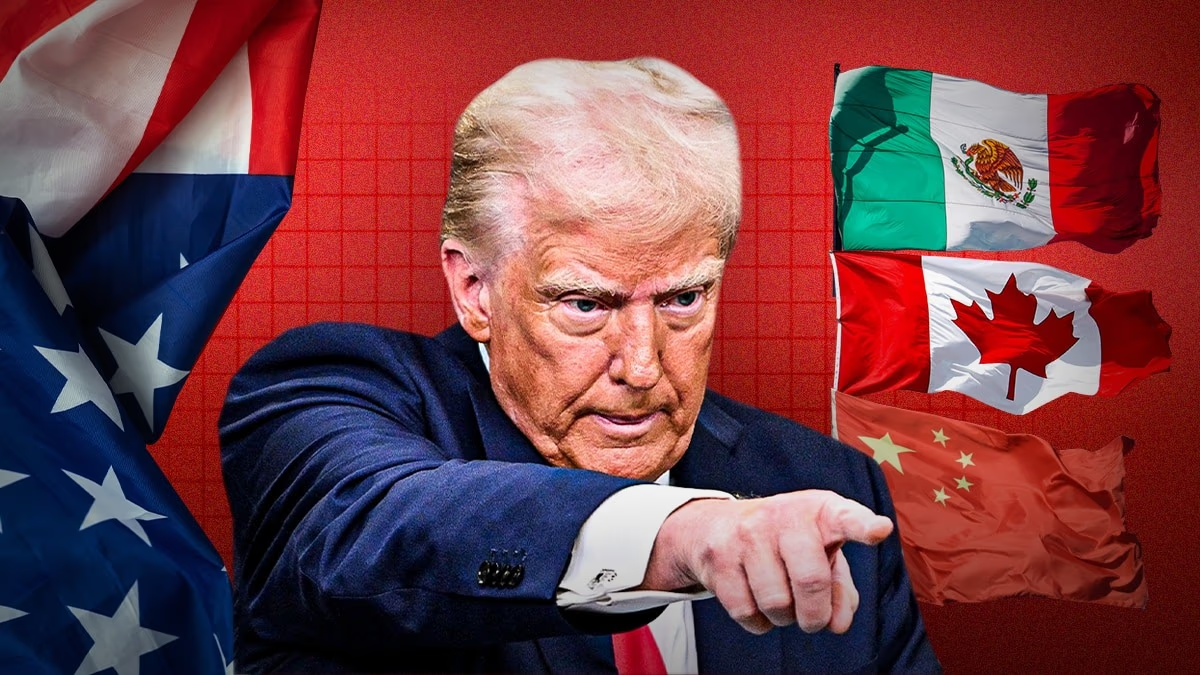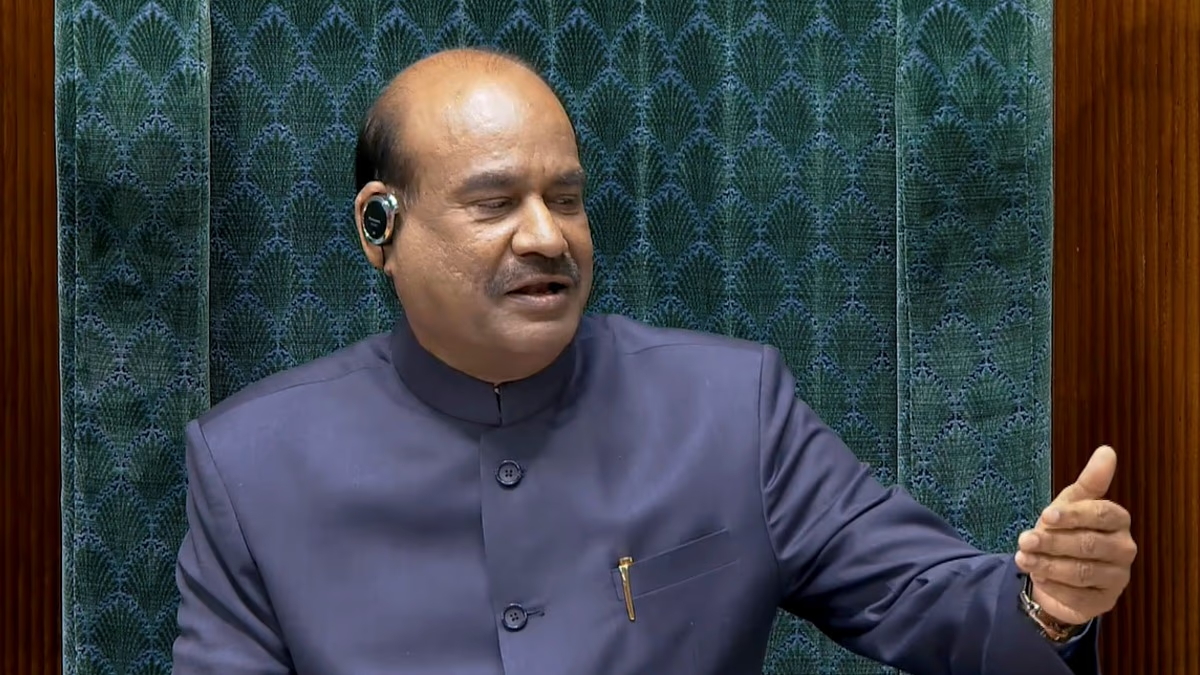Ever since taking office, U.S. President Donald Trump has been advancing his tariff policy. Following tariffs on Canada, Mexico, and China, Trump has now hinted at imposing tariffs on the European Union (EU).
During a session in the Oval Office, when asked by journalists whether he was considering tariffs on the European Union, Trump replied, 'Am I about to impose tariffs on the EU? Do you want the straightforward answer or the political one? The EU hasn't been fair to us.'
A Surge of Tariffs
Back in 2018, while serving as President, Trump imposed tariffs on aluminum and steel imports from the European Union. The EU retaliated by placing tariffs on American products, including whiskey and motorcycles. Previously, Trump had levied a 25% tariff on China, and neighboring countries Canada and Mexico.
In response, Canada and Mexico announced their own retaliatory tariffs, while China took the issue to the World Trade Organization (WTO).
Canada decided on a 25% tariff on $155 billion worth of American imports as a retaliatory measure. Canada's acting Prime Minister Justin Trudeau made this announcement and stated that he would soon discuss the matter with Mexico's President Claudia Sheinbaum, having already convened with his cabinet to address it.
Mexico, too, retaliated to Trump's tariffs by imposing tariffs of its own. Mexico's President Claudia Sheinbaum declared that following the American tariffs on Mexican products, she instructed her economy minister to implement tariffs safeguarding Mexico's interests.
Panama's Standoff and China's Setback
Since Trump's ascent to the presidency, there have been global disturbances. Trump has already caused a stir by imposing substantial tariffs on neighboring countries like Canada and Mexico. Amidst Trump's intense pressure, Panama delivered a significant blow to China.
Amid Trump’s pressure regarding the Panama Canal, Panama's President Jose Raul Mulino announced that his country would not renew China's ambitious Belt and Road Initiative (BRI). Panama had joined the initiative in 2017 but is now set to withdraw.
President Mulino indicated that Panama would partner with the United States on new investments, including infrastructure projects. He mentioned that their government would audit the Panama Ports Company, which operates two ports of the Panama Canal in partnership with a Chinese company. Mulino stated that they would first await the audit's completion.
Earlier, U.S. Secretary of State Marco Rubio had informed Panama's President Mulino that due to China's influence, America might need to secure its interests. Mulino emphasized that he doesn't foresee the United States needing to reclaim Panama through military force.




